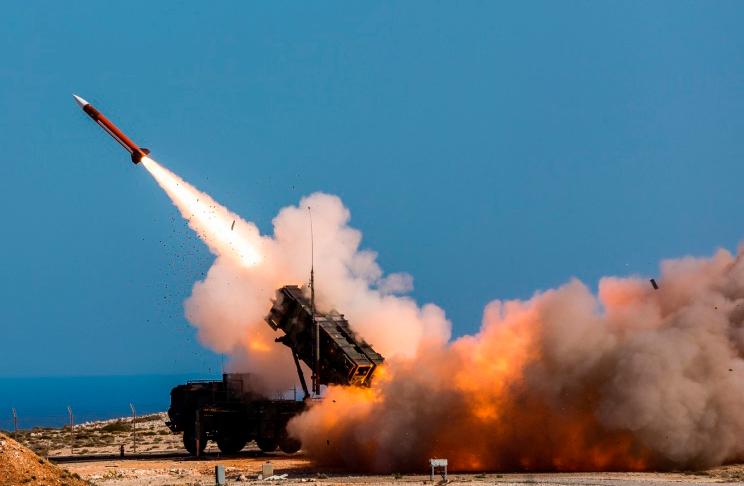Although President Joe Biden’s administration has pledged “unwavering support” for Ukraine, it has been cautious to a fault in practice. The latest example: supplying the Ukrainians with sophisticated long-range missiles but prohibiting their most effective uses.
Since last year, the West has been sending Ukraine British and French long-range missiles, as well as the more versatile U.S.-supplied Army Tactical Missile System, known as ATACMS. Such munitions have proved effective in hitting military facilities in Crimea and elsewhere in occupied Ukraine. Yet the Biden administration has vetoed their use inside Russia itself.
To an extent, this caution is understandable. Russian President Vladimir Putin has warned that attacks within Russia would amount to an escalation, and Biden is rightly keen to avoid World War III. Yet a closer analysis of the policy shows that it makes little sense. If Biden wants to help bring this war to an acceptable ending — and he should — he needs to stop vacillating and give Ukraine the arms it needs to defend itself.
For one thing, the restrictions on long-range weapons play directly into Putin’s hands. They create a zone of safety from which Russian troops can launch attacks with impunity. They buy time for the Kremlin to adjust to changes on the battlefield and resupply its own forces while preventing Ukraine from effectively counterattacking. They also amplify Russia’s advantages in manpower and weaponry. In effect, they give Ukraine enough help to prolong the war but not enough to make real progress.
The flaws of this policy were laid bare when Kharkiv came under intense attack earlier this year from forces gathered just across the border. This led the Biden administration to carve out an exception to the rule, allowing Ukraine to strike military targets just inside Russia to thwart attacks. The result was that the offensive was much diminished as Russia scrambled to defend its assets. But while tactically successful, this experiment also highlighted how strategically misguided the larger policy is.
It makes little sense to keep tying Ukraine’s hands. There are, by conservative estimates, hundreds of military targets — including communications centers, training grounds and air bases from which attacks are being launched or resupplied — that long-range missiles could target.
Related Articles
Marc Champion: Putin’s ‘troll farm’ isn’t necessary. We have our own
Matthew Yglesias: Not even Musk could discipline Trump’s spending
F.D. Flam: Too many emails? Tame your inbox by thinking like a monkey
David Fickling: China has piles and piles of coal, wasting away
Andrew Heffernan: The Paralympics are a unique manifestation of global cooperation
Of course, Putin’s dark threats of nuclear escalation shouldn’t be ignored. He has repeatedly warned the West about “red lines,” from the supply of battle tanks to aircraft, only to downplay them once they’ve been crossed. That’s entirely logical: The use of tactical nuclear weapons would be a strategic mistake for Putin, giving him no clear battlefield advantage, galvanizing the West and likely losing remaining support from Beijing. And there’s little reason to think that long-range missiles — which, remember, have already been supplied and used within Russian-occupied Ukraine — will be any different.
The Biden administration is right to make its own interests and red lines clear. Western forces should not be deployed to fight in Ukraine, and the use of Western weapons against civilian targets within Russia should be proscribed. But granting Ukraine greater freedom to bring the fight to Putin makes both strategic and moral sense.
It’s reasonable to expect Ukrainian President Volodymyr Zelenskyy to articulate how this latest round of assistance will fit into a plausible strategy to bring an end to the war closer. But only Putin ultimately has the power to end the vast destruction and killing he has unleashed. He must be convinced that that is his best option.
— The Bloomberg Opinion Editorial Board


Leave a Reply